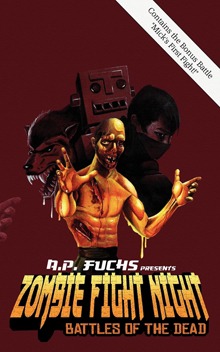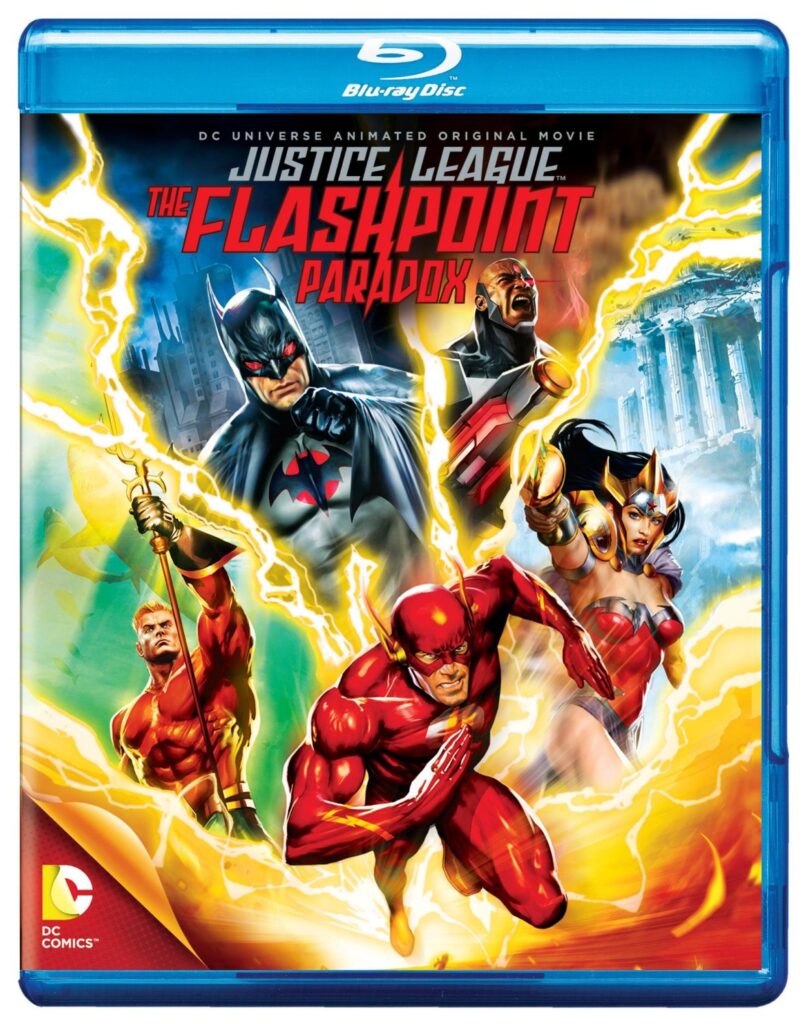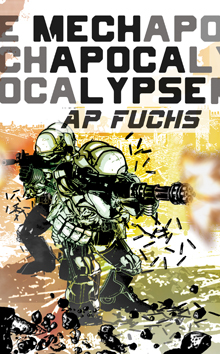Reinventing the Horde: Problems in Zombie Fiction

Author’s note: This essay originally aired on this blog prior to the file purge of 2014. It is now being rerun for your reading pleasure. Please note Zomtropolis is no longer available as a free on-line serial and will be released in paperback and eBook in the near future.
Zombies are monsters. At least, that’s the standard definition. Someone dies, rises, has a taste of human flesh and so hunts down the living and, once the prey is caught, chows down and eats their guts. Oh, and they’re ugly, too, slowly rotting away with each passing day.
That’s the standard version of the zombie and the one most are familiar with.
It’s the one I knew of when I first discovered them, but as for their main backstory, I didn’t know what that wasy.
See, I grew up in a household where horror and monsters where off limits. This was a good thing, in that I didn’t have to view creepy faces, see blood and guts, watch people get killed, or be subject to dark forests like other kids I knew. I was probably saved hundreds of hours of nightmares as a result. This absence of horror made for a happier childhood, in that regard. My dad always said, “If you want to watch horror, watch the news.” And he was right, and still is. We live in a sad world with villains in it that outmatch most of what we create in books or on screen.
At the same time, being so sheltered was a detriment to a well-rounded upbringing because later on, I was naïve about a lot of things, including the darker side of life, both in terms of what humans were capable of and scary images.
My first exposure to monsters was seeing a ripped-from-a-magazine picture of Freddy Krueger lying in the playground in elementary. The image of a disfigured man with bubbles on his skin was so foreign to me that I had occasional nightmares from that single image for years. I never saw an actual Freddy movie until I was eighteen and living on my own, but I got to tell you: going to the video store to rent one sent up all sorts of red flags and I was scared to watch A Nightmare on Elm Street for the first time.
But zombies, werewolves or vampires growing up?
At most I saw the Halloween episode of Highway to Heaven where Michael Landon was a werewolf for part of it. Scared me to death. Same with that other episode with the devil.
Highway to Heaven. Good show, from what I remember, and it was allowed in the Christian household I grew up in for its message. It was also this growing up in a Christian household and the zero tolerance policy for horror and monsters that shaped my life, not only in terms of what I couldn’t see, but how I reacted when faced with the horrors that pop up in life now and then.
In fact, I only got into horror because of something painful that happened to me. It was in this place of darkness that I found comfort in other dark things for a long time.
Later, when I incorporated writing about zombies into my writing career, my view of the undead and fandom of them wasn’t your typical horror fan’s. It wasn’t the blood and guts that excited me or their spooky nature, the whole things-that-go-bump-in-the-night thing.
Instead, it was rooted in my first love: superheroes.
And they still are.
I’ve never viewed zombies as “horror monsters” in terms of how I create and write them. To me, they’ve always been supervillains, and I think it’s this definition of them that is more accurate: they are “super” because they can’t die via conventional means—only by the removal of the head—and are certainly not part of our everyday lives, and they are “villains” because of the evil act of eating others they commit.
When I set out to write my first zombie book, Blood of the Dead (book one of the Undead World Trilogy) I didn’t want to write a standard zombie novel about a virus, people dying, people coming back, people surviving. I’ve never been one for formulas in my fiction and have always tried to do something new with each tale. Once the story was done, it immediately birthed unusual plans for the sequel, Possession of the Dead: angels, demons, giant zombies some fifteen stories high, shamblers and sprinters, shape shifting zombies and the consequences of the time travel ending of the first book. The third, Redemption of the Dead, incorporated all these unusual elements, while neatly dealing with the time travel issue and ensuring it was paradox-free, which, as a major time travel fan, was something important to me. But all along, as these books were written, the zombies were supervillains to me, with my main cast—Joe, Billy, August, Des, Tracy—being superheroes in their own right, especially Joe and Tracy. While Joe was an excellent shot with the gun, tough as nails and grim, Tracy was a highly-skilled marksmen and fighter. Likewise, they had the tendency to rescue people versus just letting people die.
The story certainly would not have been what it was without my love of the superhero genre and my sheltered upbringing. Doing zombie stories this way also enabled me to tackle Zombie Fight Night: Battles of the Dead, with a kind of comic book sensibility, that is, classic characters—ninjas, samurai, robots, Vikings, and more—and pit them up against the undead in Bloodsport-like battles, each fight with a purpose that served the overall story being told between each bout.
The supervillain angle—I like it. I grew up with it, being a huge fan of Super Friends, the Christopher Reeve Superman flicks, the Tim Burton Batman movies, even the Spider-Man TV show. To be honest, I can’t imagine writing monsters any other way other than as supervillains because that’s what they are to me.
Any monster is, actually, and I explored this idea in the series of anthologies I edit called Metahumans vs. The first two are Metahumans vs the Undead and Metahumans vs Werewolves. For the uninitiated, metahumans are superheroes are the same thing. The idea with this series was not only to showcase independent superheroes, but also put them up against a new kind of supervillain that isn’t used that often in comics or cartoons: monsters.
Before you accuse me of this article being a giant commercial for my undead work—for free serial zombie fiction, see my on-line novel, Zomtropolis at www.canisterx.com, wink wink, nudge nudge—there’s a point to all these examples, and that is this: not to let stereotypes and archetypes be a guide for your fiction, in this, we’re talking about undead fiction.
Why do zombies have to monsters via the standard definition? Why can’t there be something more to them?
I fully realize we live in a very commercialistic society, where most of what’s produced is made because it’ll make the most money. For me, this is a shallow way of approaching storytelling. It’s selfish, it’s limiting, it’s, frankly, wrong. Art—which includes writing—should be about honest expression, about pushing boundaries and trying something new. Will this new thing always be popular? No, but the fact that it is new is important and shows the artist behind it has put thought into it and expressed something from within versus simply a formula of what would sell.
Let’s look at the typical zombie formula.
1) a virus sweeps the world, killing people
2) these people rise from the dead as flesh-eating machines
3) a group of people were somehow not infected—which may or may not be explained
4) this group must survive in a half-destroyed world with limited resources—are our armies really that incompetent that the surviving military couldn’t defeat creatures who are stupid and slow?—and battle amongst themselves and against shambling zombies
Did I miss anything?
While this is fine for the skeleton of a story, it doesn’t make much for the meat of it. There needs to be more. Reasons for things need to be given. A new spin on these four main ideas needs to be taken otherwise it’s just the same story being told over and over again, the only difference being the people’s names and locales.
“Well, that’s what the audience expects?” you say. They expect that because that’s what we’ve been giving them.
Ever read a book or see a movie and go, “Now that’s a new way to do it?” I have. It’s an amazing realization and elevates the work in question to a whole new level upon seeing it.
Some possible fixes to the aforementioned zombie formula, off the top of my head:
1) Why is it always a virus? Why not something supernatural? Or something from space? Something from Earth? Something mechanical that gives the illusion of people back from the dead? I edited an anthology called Dead Science, which challenged the authors to create unique science-gone-wrong-based origins for the undead. The stories they came up with were fun and original.
2) Shamblers and sprinters seem to be the order of the day. Some have ventured into smart zombie territory. What if they had super strength? What if to kill them it wasn’t cutting off their heads but it was their guts—source of hunger—that needed to be removed? What if they were giants? What if part of the cause of them dying also shrank them and you had zombies so small they were like bugs and could get all over you so quickly like ants that you had no hope of survival?
3) Seldom is it explained why the group of survivors were immune to the zombie virus. An explanation for their survival needs to be included? Was a vicinity thing? Did the cause of the undead only affect people indoors? Outdoors? Is the whole world taken out or just a part of it?
4) How come the world is always destroyed within a few weeks of the outbreak? Have you noticed this or is it just me? While I realize people act like animals under panic—we’ve all seen riots on the news—all these cities with broken everything, over-turned cars, bodies everywhere, graffiti, everyone suddenly in torn clothes, etc.—I just don’t get it. What about our military? Wouldn’t the countries’ forces combine to eradicate a common threat like a zombie outbreak? How could even a horde of zombies take out a guy with a machine gun unless they’re oh-so-slow moving bodies somehow got in a sneak attack? What about planes and bombs?
I won’t admit to having read every zombie book or seen every zombie movie, but it seems to me the element of realism has been taken out. It’s always been my view that a book or comic or movie—whatever—needs to be grounded in reality somehow, the whole “what if this happened tomorrow for real” thing. To add such an element to a book—regardless of how out-of-this-world the circumstance is—suddenly brings that fantastic circumstance into our world and puts the reader right in the middle of the tale because he/she can completely understand why things happen a certain way. Life isn’t full of conveniences, tidy plotlines and clichéd ideas. It’s a mess with tons of twists and turns.
Shouldn’t our stories reflect life?
The argument is people want to escape. For me, that’s just an excuse to get out of a life that isn’t the one you wanted. How about turning that on its head and reading stories about lives like yours, that aren’t the way the characters wanted, and you draw strength and encouragement from that? There’s lots to be said about relatability and seeing people in the same boat as you, whether they’re real or not, whether the world they inhabit is yours or not.
But I realize that trying new things and going against the grain is countercultural, especially in the West. I realize that to propose writing zombie fiction as something other than zombie fiction flies in the face of decades of tradition.
It just seems, though, that these standard ideas have become so ingrained in us that we’re afraid to move or operate outside them. Afraid to grow. Afraid to step off the beaten path and blaze a new trail.
Seems we all just go with the flow.
Just like a pack of zombies.


